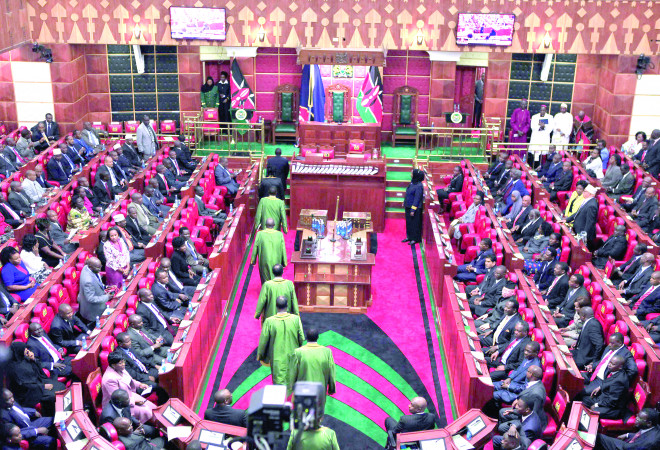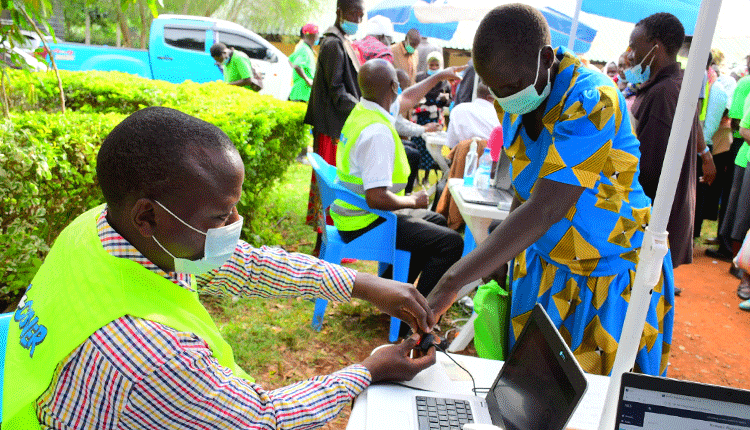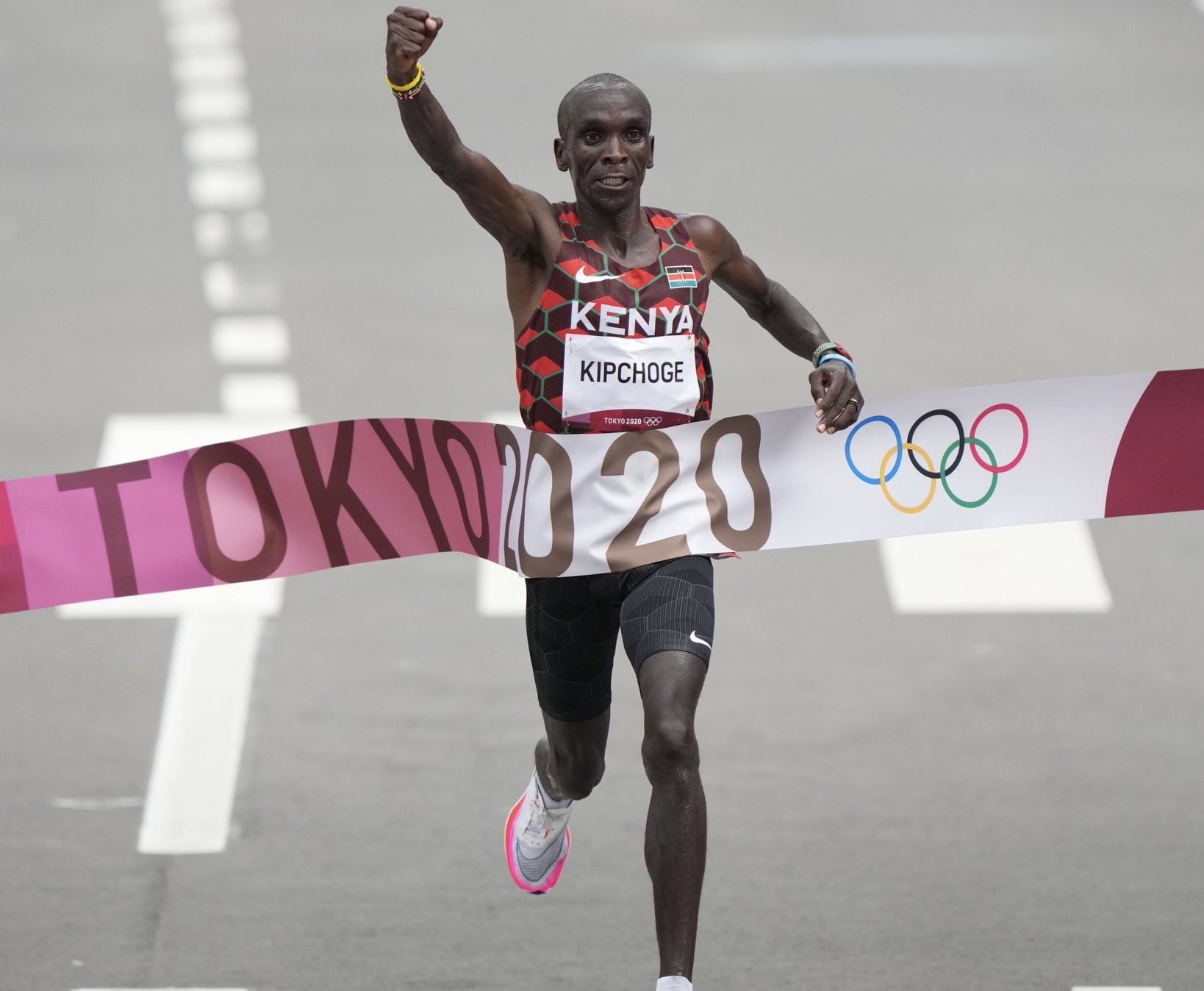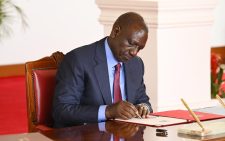Why everybody is a winner after Building Bridges Initiative ruling

Last Friday’s Court of Appeal ruling that upheld the decision of the High Court that Building Bridges Initiative (BBI) Constitutional Amendment Bill (2020) is illegal sparked various reactions from across the political divide.
While those on the opposing side celebrated the verdict by the seven-judge Bench as a win for their cause, proponents termed it a temporary legal setback that would not deter their ultimate victory in constitutional reforms.
Celebrating, the salient face of the anti-BBI brigade, Deputy President William Ruto, correctly called the ruling a victory for citizens and the rule of law.
In the judgement, the DP and his die-hard supporters saw a win for their fervent opposition to the push to amend the law.
However, this could turn out to be a pyrrhic victory because they also admit some aspects of the initiative stood to benefit even its most dogmatic opponents who viewed it from the prism of settling political scores with their adversaries who initiated it.
The biggest winner is the Constitution, which has withstood the test of time and jurisprudential probity, as unanimously affirmed in the High Court and Court of Appeal decisions on the Constitution of Kenya Amendment Bill, 2020.
Legal experts aver the firm foundations and enduring longevity of the Constitution have trumped political histrionics, affirming the doctrine of separation of powers between the three arms of government – the Judiciary, the Executive and the Legislature.
The courts’ rulings further reinforced the principle of the people’s sovereignty enshrined in the Preamble, categorically judging that any amendments to the Constitution must emanate from intensive public participation and must follow a stringent legal process. In that, wananchi have won big.
The BBI’s greatest undoing that dealt it a fatal blow in court was that it was a mega-constitutional bill containing 74 amendment articles that sought to dismember the Constitution.
These amendments would have affected almost the entire “basic structure”, the letter and spirit of the Constitution, amounting to its dismemberment and an unacceptable evolution, contrary to its basic tenets sacred to the people.
It is a lesson in jurisprudence legal minds for the BBI initiators could carry to their principals and turn it into political victory.
The court ruling pointed out the “no go zones” in any attempts at constitutional amendments.
However, it also cleared the way for some amendments that could be conducted through Parliament without need for a referendum.
Entering the election year, BBI initiators can quickly capitalise on the “game of numbers” and seize this opportunity for a checkmate in the political chessboard.
Among the low hanging fruits is strengthening devolution, particularly increasing national revenue allocation to counties to 35 per cent, boosting devolved functions of governance through the Big Four agenda and youth empowerment through economic incentives and job creation.
Finally, although they may have lost the legal battle at the Court of Appeal, President Uhuru Kenyatta and ODM leader Raila Odinga, who initiated the BBI after the March 9 Handashake have scored a major win by generating a national conversation on cohesion in a peaceful atmosphere.
With Ruto mounting aggressive campaigns in the wake of an acrimonious fallout with the President, it is clear the presidential race currently now has two front-runners after Raila formally declared his candidature last weekend.
Whether Raila will successfully cajole the incumbency advantage of the ‘handshake’ camaraderie into the succession matrix to leverage his distinguished political credentials remains to be seen.
That scenario will have to take ethnicity, the economy, the youth bulge and the Covid-19 pandemic into consideration. —[email protected]















